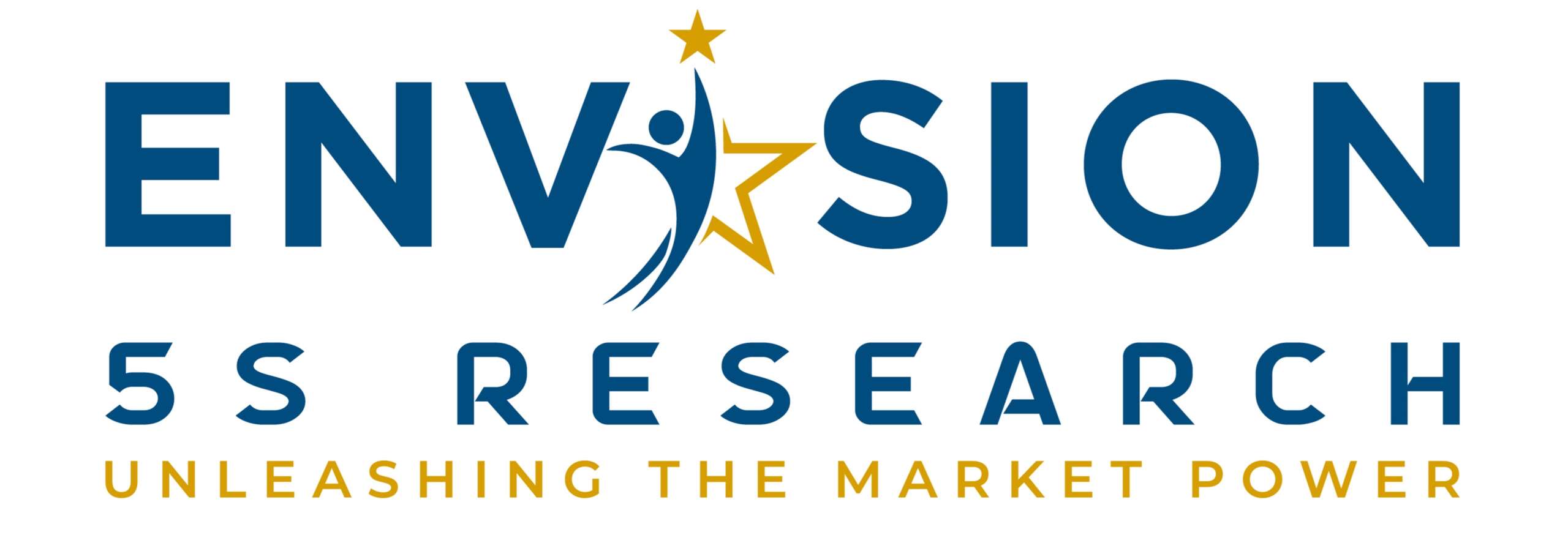Ethics lie at the heart of responsible and meaningful market research. As businesses seek to understand and influence consumer behavior, the ethical considerations surrounding market research become paramount. In this article, we embark on a comprehensive exploration of the ethical principles that underpin market research, examining the challenges, guidelines, and evolving landscape that researchers must navigate to ensure the integrity and trustworthiness of their endeavors.
1. Informed Consent and Transparency:
At the core of ethical market research is the principle of informed consent. Participants must be fully aware of the purpose, methods, and potential outcomes of the research before providing their input. Transparency is key in establishing trust between researchers and participants. Clear and accessible information, detailing how data will be collected, used, and stored, ensures that participants make informed decisions about their involvement.
2. Privacy Protection:
Protecting the privacy of participants is a fundamental ethical imperative. Researchers must implement robust measures to safeguard the confidentiality of individual responses. Anonymizing data, utilizing secure storage methods, and limiting access to identifiable information are crucial steps. With the increasing focus on data breaches and privacy concerns, ensuring the security of participant information is non-negotiable in ethical market research practices.
3. Voluntary Participation and Right to Withdraw:
Ethical market research upholds the principle of voluntary participation, emphasizing that individuals have the right to decide whether to engage in a study. Additionally, participants should be informed of their right to withdraw from the research at any stage without facing consequences. This respect for autonomy reinforces the ethical foundation of market research, acknowledging and valuing the agency of each participant.
4. Minimizing Harm and Impact:
Researchers must be vigilant in minimizing potential harm to participants and stakeholders. This involves carefully designing studies to avoid causing distress or discomfort. Sensitivity to cultural, social, and emotional contexts is essential. Ethical considerations extend beyond immediate participants to the broader community, ensuring that research does not have adverse consequences on individuals or groups.
5. Objectivity and Impartiality:
Maintaining objectivity and impartiality is a cornerstone of ethical research. Researchers must strive to eliminate bias in study design, data collection, and analysis. Objectivity ensures that research findings accurately reflect the realities under investigation, free from undue influence or preconceived notions. The commitment to unbiased research contributes to the credibility and reliability of the insights generated.
6. Avoiding Deceptive Practices:
Deception has no place in ethical market research. Researchers must refrain from misleading participants or stakeholders about the purpose, methods, or implications of the study. Transparency in communication, honesty about the research objectives, and clarity in reporting findings are essential components of ethical conduct. Trust is easily eroded by deceptive practices, jeopardizing the integrity of the research process.
7. Fair Compensation and Recognition:
Ethical considerations extend to the equitable treatment of participants. Fair compensation for their time, expertise, or contributions is a fundamental ethical practice. Recognizing and valuing the input of participants, whether through financial compensation, incentives, or acknowledgment, reinforces the mutual respect that should underpin the researcher-participant relationship.
8. Social Responsibility and Impact:
Market researchers operate within a broader societal context, and ethical considerations encompass the societal impact of research. Researchers should be mindful of the potential consequences of their work on communities, cultures, and vulnerable populations. Striking a balance between organizational objectives and societal well-being is integral to ethical market research practices.
9. Cultural Sensitivity and Diversity:
Cultural sensitivity is imperative in market research, particularly in a globalized world with diverse populations. Ethical researchers recognize and respect cultural differences, ensuring that research practices are inclusive and culturally appropriate. Adapting methodologies to align with diverse cultural norms and avoiding cultural stereotypes contribute to the ethical conduct of research.
10. Continuous Ethical Reflection and Adaptation:
Ethics in market research is not a static concept; it requires continuous reflection and adaptation. As technology evolves, societal norms shift, and new challenges emerge, researchers must stay attuned to ethical considerations. Regular ethical training, engagement with ethical guidelines, and a commitment to ongoing reflection help researchers navigate the dynamic ethical landscape of market research.
The Evolving Landscape:
As technology advances and the nature of market research evolves, ethical considerations must adapt to new challenges. The rise of big data, artificial intelligence, and machine learning introduces novel ethical dilemmas. Ensuring that algorithms are free from bias, transparent, and respectful of privacy becomes paramount. Ethical considerations also extend to the responsible use of new technologies, such as facial recognition and biometric data, which have implications for participant consent and data security.
Conclusion:
In conclusion, ethical considerations form the ethical backbone of market research. Navigating this landscape requires a commitment to transparency, privacy protection, fairness, and cultural sensitivity. The evolving nature of technology and societal expectations demands continuous ethical reflection and adaptation. Ultimately, ethical market research not only safeguards the well-being of participants but also enhances the credibility, reliability, and societal impact of research endeavors. As researchers navigate the intricate ethical terrain, they contribute to the establishment of trust and integrity in an industry that plays a pivotal role in shaping business strategies and influencing consumer behavior.

